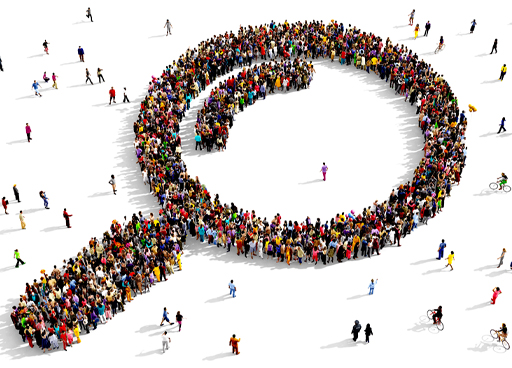1.5 Other disciplines in the social sciences
There are many other disciplines in the social sciences besides psychology, law and sociology. These include, but are not limited to:
- economics, which seeks to understand, among other things, the production, distribution and exchange of goods and services between individuals and various forms of collective organisation
- education, which explores how people learn and develop
- politics, which explores the various ways in which societies are governed
- human geography, which involves the study of people and their communities, as well as cultures, economies, and the interactions between people and their environments
- anthropology, which can involve the study of any aspect of human life, including human origins and adaptions, as well as the diversity of human cultures and worldviews
- linguistics, which examines language and its structure.
An important point to take away from all this is that the social sciences are made up of a large number of distinct yet often interrelated disciplines. Understanding the basic nature and scope of each discipline, as well as the main differences between the disciplines, can help you to appreciate their strengths and limitations for making sense of social world.

